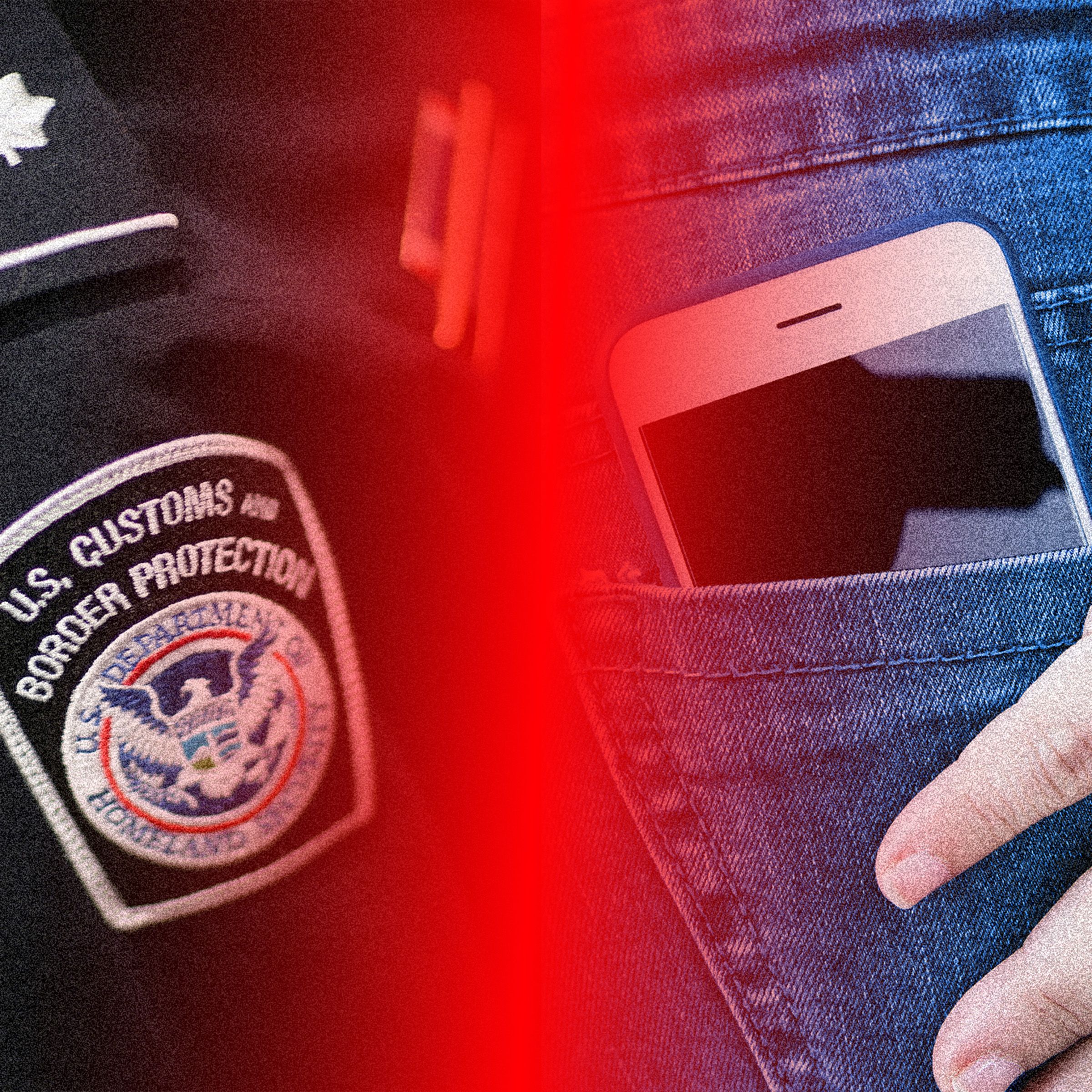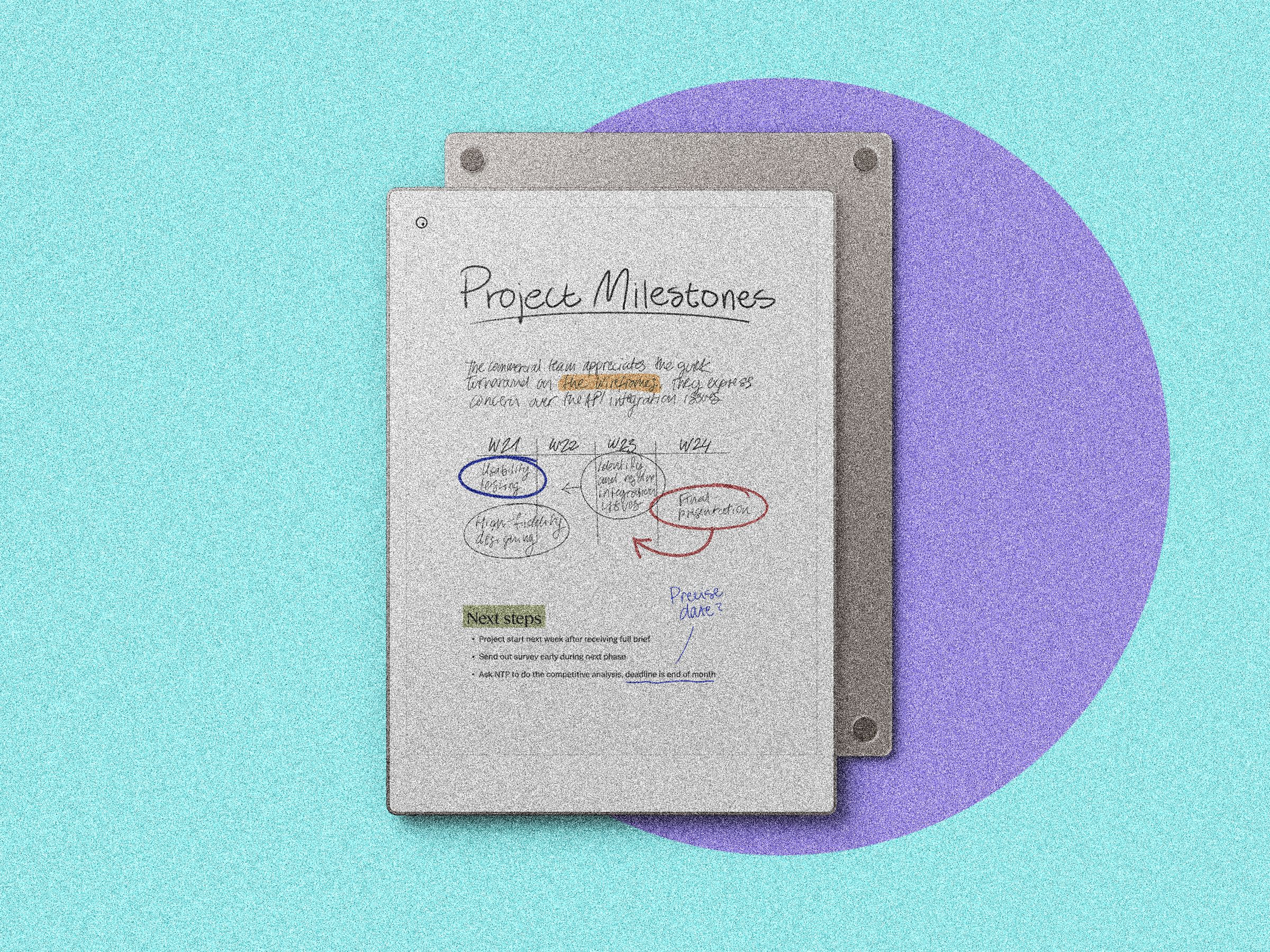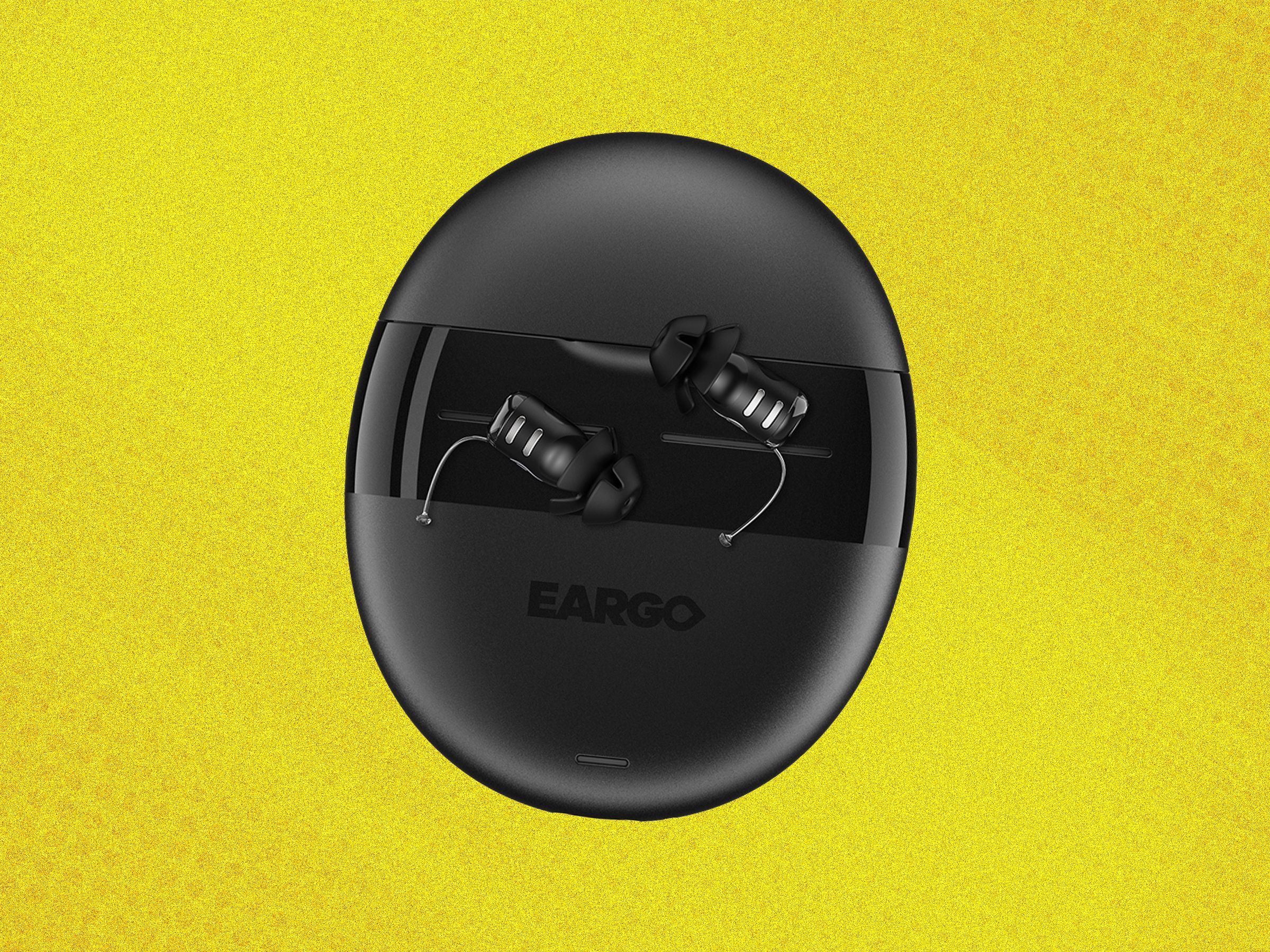How to Protect Yourself From Phone Searches at the US Border
How to Protect Yourself From Phone Searches at the US Border
With increased scrutiny at the US border, it is important to know your rights and how to protect yourself from invasive…

How to Protect Yourself From Phone Searches at the US Border
With increased scrutiny at the US border, it is important to know your rights and how to protect yourself from invasive phone searches. Here are some tips to help protect your privacy and data:
- Keep sensitive information off your phone: Avoid storing sensitive information such as passwords, financial documents, or personal photos on your phone if possible.
- Use encryption: Enable encryption on your phone to protect your data in case it is accessed by border authorities.
- Backup your data: Make regular backups of your phone data in case your device is seized or compromised during a search.
- Disable biometrics: Turn off features such as fingerprint or facial recognition to prevent border agents from accessing your phone without your consent.
- Use a strong password: Set a strong password or PIN to lock your phone and prevent unauthorized access.
- Keep your phone in airplane mode: Putting your phone in airplane mode can help protect your data from being remotely accessed during a border search.
- Know your rights: Familiarize yourself with your rights at the border and understand what agents are allowed to do during a search.
- Decline to provide passwords: You are not required to provide passwords or unlock your device for border searches, so politely decline if asked.
- Seek legal help if needed: If you believe your rights have been violated during a phone search, seek legal help to protect your privacy and data.
- Use a travel-only device: Consider using a travel-only device with minimal personal information to avoid potential privacy concerns.
By following these tips, you can better protect yourself from invasive phone searches at the US border and safeguard your privacy and data.







